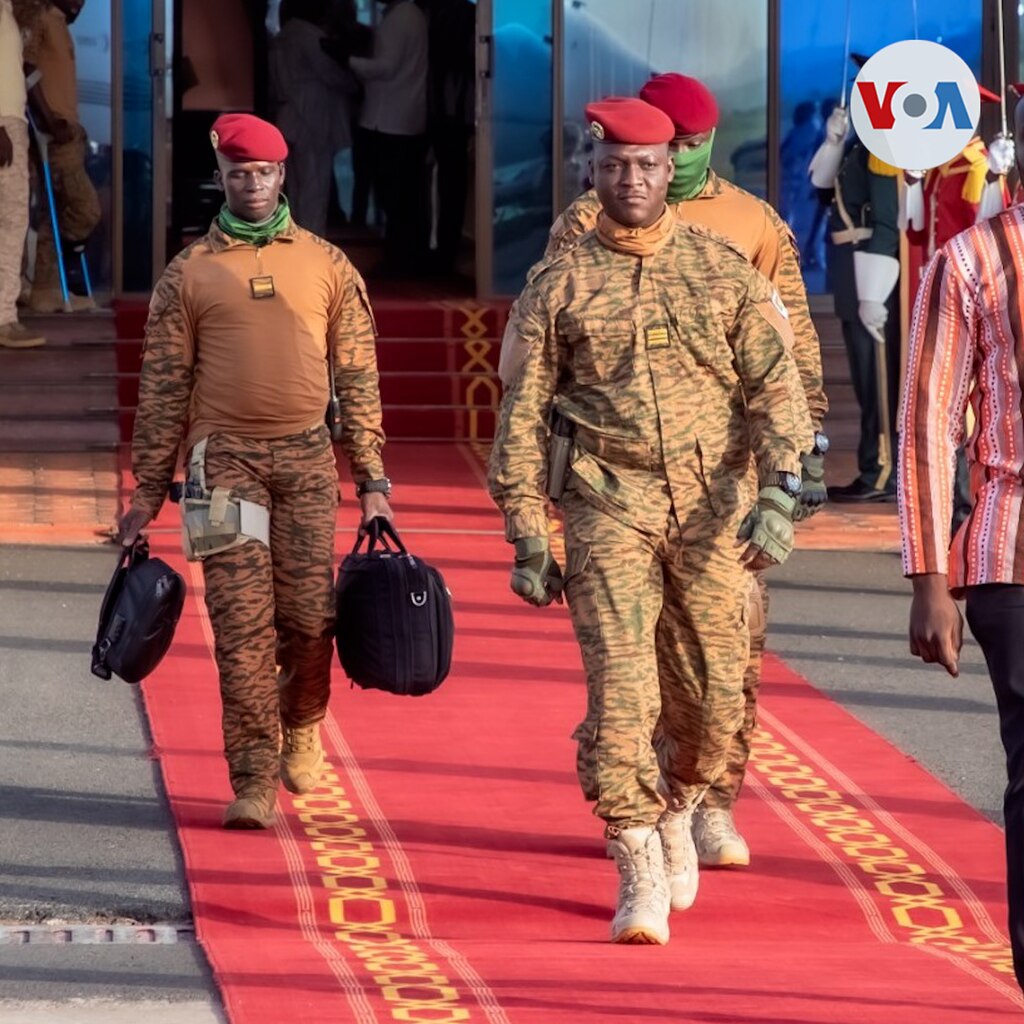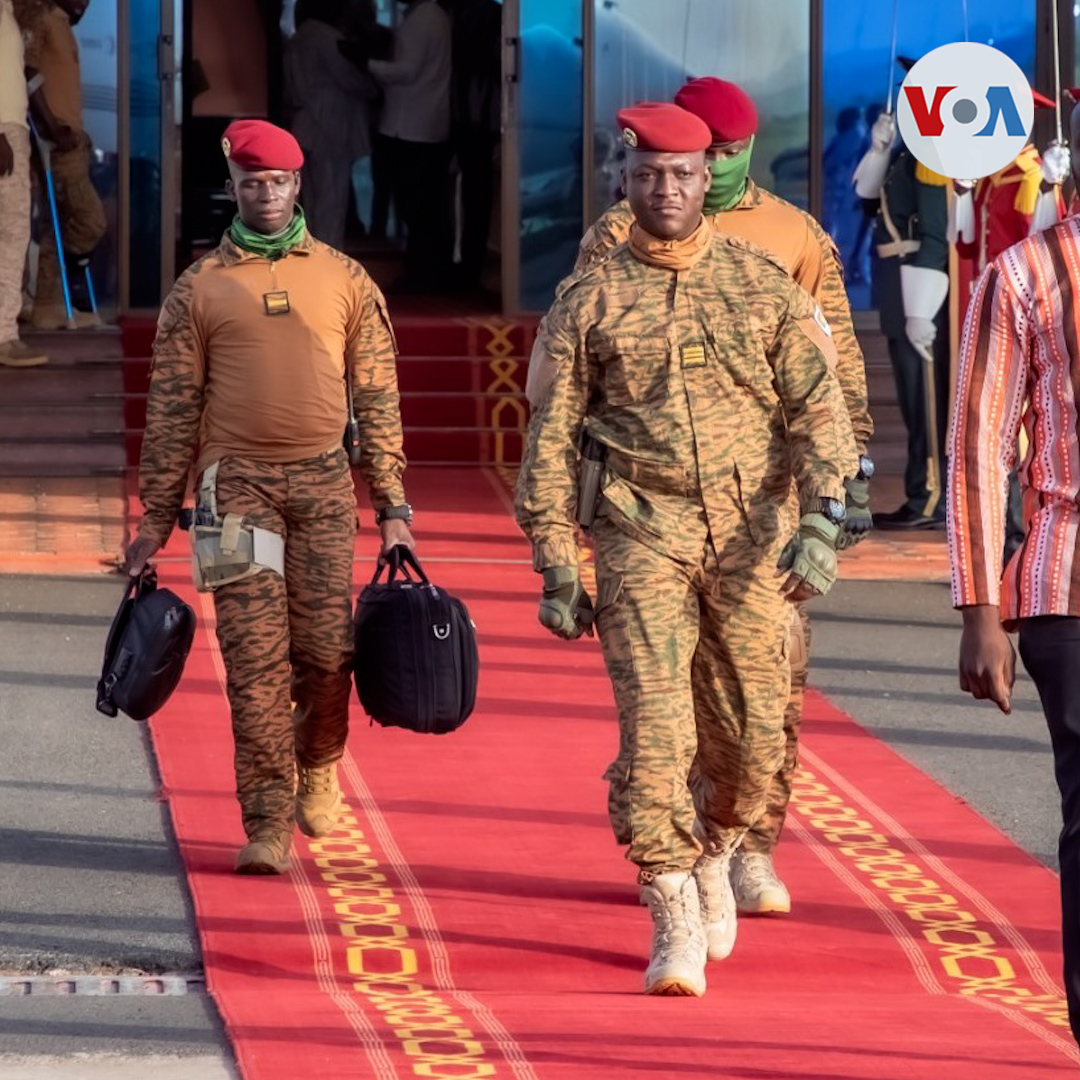By Linda Makau
Burkina Faso’s military government, led by Capt Ibrahim Traoré, is implementing significant changes to the nation’s marriage laws. The junta has declared a ban on homosexual acts, aligning Burkina Faso with several other African nations that have taken a firm stance against same-sex relations, despite objections from Western nations. Historically, homosexuality was not legally prohibited in Burkina Faso, although it was generally disapproved of within its socially conservative society. Justice Minister Edasso Rodrigue Bayala announced that the junta’s cabinet has approved new legislation to criminalize homosexual acts, although further details were not provided.
Since the military took control in 2022, Burkina Faso has distanced itself from former colonial power France and moved closer to Russia. This shift includes comprehensive legal reforms, among which the ban on homosexual acts is a notable example. In Russia, where homosexual acts were decriminalized in 1993, the government under President Vladimir Putin has also cracked down on the LGBTQ community, banning what it describes as “propaganda of non-traditional sexual relations.” Burkina Faso’s new legislation, which is part of a broader overhaul of marriage laws, awaits approval by the military-controlled parliament and endorsement by Capt Traoré. The laws will recognize only religious and customary marriages, explicitly criminalizing homosexuality and related practices.
Capt Traoré, who came to power by overthrowing Lt Col Paul-Henri Damiba in September 2022, cited Damiba’s failure to address an Islamist insurgency as justification for the coup. Previously, Burkina Faso was one of 22 African nations where same-sex relations were not criminalized. Unlike many former British colonies, Burkina Faso did not inherit anti-homosexuality laws from its former colonizer, France, when it gained independence in 1960. Religiously, Burkina Faso’s population is predominantly Muslim (64%), with Christians making up 26%, and the remaining 10% following traditional African religions or having no faith.

In recent years, numerous African countries have intensified their opposition to the LGBTQ community. Uganda, for example, has enacted stringent laws against homosexuality, despite facing severe criticism from local and international rights organizations. In May, Uganda’s Constitutional Court upheld a law that includes the death penalty for “aggravated homosexuality,” prompting significant international backlash. In Ghana, a new bill passed by parliament imposes severe penalties on individuals identifying as LGBTQ+. However, President Nana Akufo-Addo has not yet signed it into law, awaiting a court decision on its constitutionality. The Ghanaian finance ministry has warned of potential financial repercussions, including the loss of substantial World Bank funding.
Catholic Social Teachings and African Spirituality
From the perspective of Catholic Social Teachings, which emphasize the dignity of the human person, marriage is seen as a sacred union between a man and a woman. This belief underscores the Catholic Church’s opposition to homosexual unions, as it seeks to protect the traditional understanding of marriage and family. The Church advocates for a compassionate approach towards individuals with same-sex attractions, promoting love and respect while upholding its doctrinal beliefs.
African spirituality, which deeply influences the cultural and moral values across the continent, also typically holds traditional views on marriage. These spiritual traditions often regard marriage as a union fundamentally oriented towards procreation and community stability, thereby excluding homosexual unions. The rich tapestry of African spiritual beliefs underscores the significance of maintaining these values, reflecting a commitment to preserving cultural heritage and societal norms. Burkina Faso’s move to criminalize homosexual acts is part of a broader trend across Africa, where many nations are reaffirming their traditional values against growing international pressures.
Both Catholic Social Teachings and African spirituality provide frameworks that support the preservation of traditional marriage, reflecting deep-seated cultural and religious convictions. As Burkina Faso continues to navigate its political and social transformations, these influences remain pivotal in shaping its legal and moral landscape.







Leave a Reply